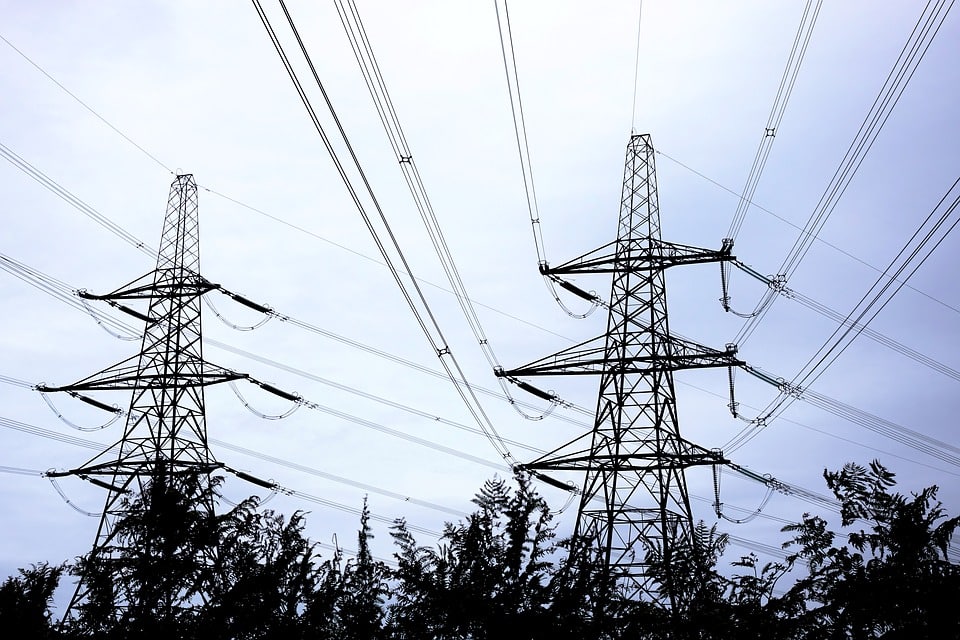U.S. Interior Department Allocates $120 Million Funding to Enhance Tribal Climate Resilience

The U.S. Interior Department on July 19 announced the allocation of $120 million in funding as part of President Biden’s Investing in America agenda, forming a part of a larger $440 million investment for Tribal climate resilience programs. The funding aims to assist Tribal communities in combating severe climate-related environmental challenges in their homelands through proactive planning. Notably, this marks one of the largest amounts made available to Tribes and Tribal organizations under the Bureau of Indian Affairs’ Tribal Climate Annual Awards Program. The Voluntary Community-Driven Relocation Program, launched in 2022 with $135 million, further supports Tribes affected by climate challenges.
In a significant announcement, the transformational funding includes $23 million from the 2021 Infrastructure Investment and Jobs Act, or IIJA, $72 million from the 2022 Inflation Reduction Act, and $25 million from fiscal year 2023 annual appropriations that enables Tribes and Tribal organizations to apply for grants for community safeguarding in planning and adaptation categories. The IIJA, which represents the largest investment in U.S. infrastructure, includes major provisions important to the energy industry, ranging from building out the first national network of electric vehicle charging stations to modernizing the electric transmission grid and expanding clean energy. These grants cover a wide range of activities, such as climate adaptation planning, drought measures, wildland fire mitigation, community-driven relocation, managed retreat, protect-in-place efforts, and ocean and coastal management. This historic funding also advances the Biden administration’s Justice40 Initiative, ensuring 40 percent of benefits from certain federal investments reach marginalized communities burdened by pollution and environmental hazards.
The Branch of Tribal Climate Resilience offers competitive funding opportunities to federally recognized Tribal Nations and authorized Tribal organizations. The Tribal Climate Resilience awards will be granted to projects aimed at addressing vulnerability to climate change impacts. The project types eligible for funding include, but are not limited to:
- Development and hosting of regionally or topically focused climate adaptation and resilience training.
- Climate adaptation planning and data development.
- Climate adaptation internships and youth engagement.
- Travel to access climate adaptation training and attend technical workshops to enhance resilience skills and capacity.
- Preliminary scoping and needs assessments for future planning proposals.
- Planning and design of relocation, managed retreat, and protect-in-place efforts in vulnerable areas such as coastal, riverine, wildfire, flood, and landslide-prone regions.
- Implementation projects resulting from previously completed planning documents (not limited to BIA funded plans).
- Projects addressing mitigation and resilience in response to climate change effects.
- Capacity building to support RMP coordinators.
- Regenerative agricultural and food sovereignty projects that strengthen tribal climate resilience.
- Projects aimed at enhancing wildlife and biodiversity.
- Utilization of nature-based solutions.
- International Indigenous Knowledge virtual exchanges.
These examples highlight the diverse range of projects that can be supported through the Tribal Climate Resilience awards, fostering greater resilience within Tribal communities in the face of climate challenges.
The Bureau of Indian Affairs will conduct a grant writing workshop on July 26 and an educational webinar on Aug. 2 to discuss the funding opportunity and the procedure to apply for the grants.
EnerKnol Pulses like this one are powered by the EnerKnol Platform—the first comprehensive database for real-time energy policy tracking. Sign up for a free trial below for access to key regulatory data and deep industry insights across the energy spectrum.
ACCESS FREE TRIAL